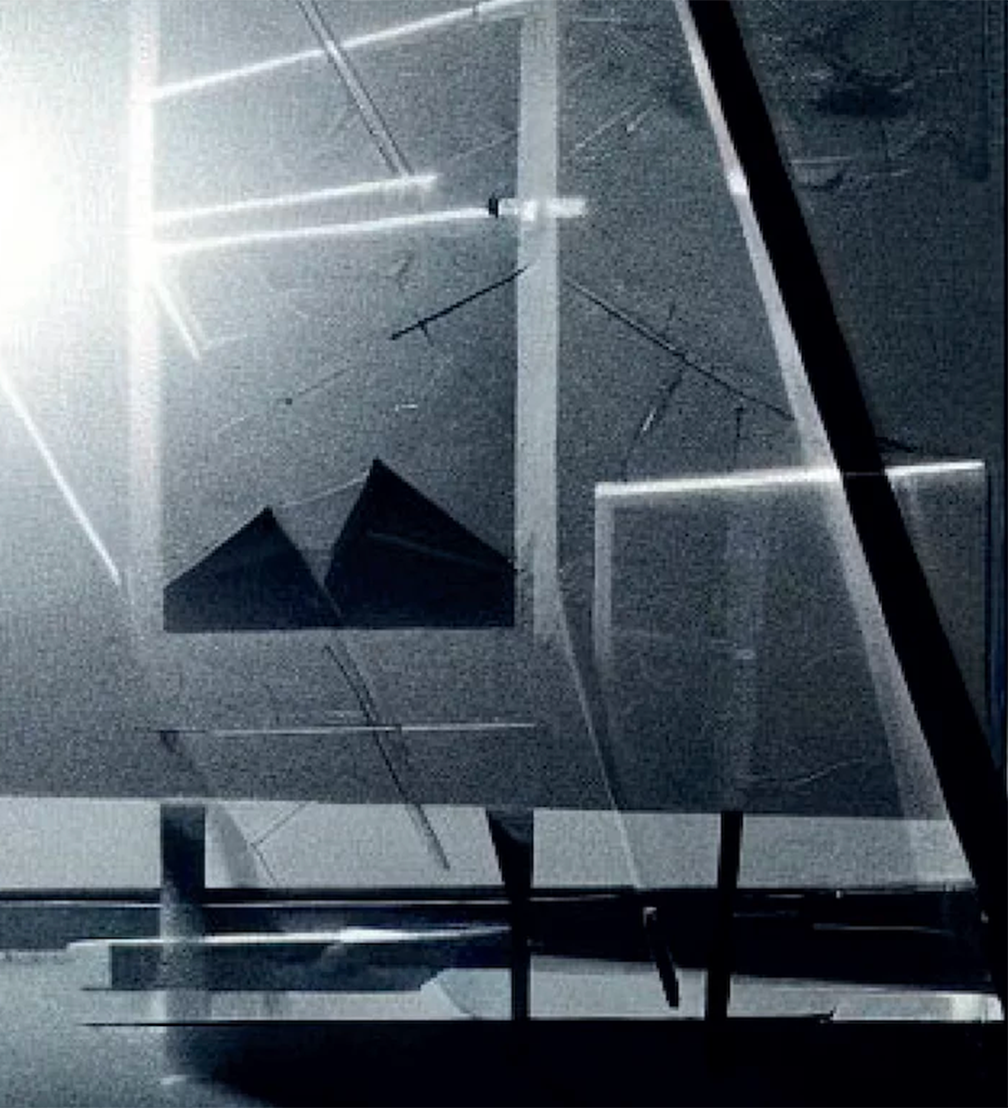
On September 14 and 15, the Institute of Contemporary Art, Architecture, and Design at the Art Academy of Latvia (LMDA) will hold an international interdisciplinary workshop, Probing the Digital. Cyborgs, Avatars, and AI. During the event, internationally renowned researchers, artists, and curators will share their experiences and projects in the fields where artificial intelligence, virtual reality, and humans interact.
«Cyborgs and avatars embody contemporary forms of human existence in digital and hybrid spaces. Recent developments in technology (virtual worlds, prosthetic augmentations, artificial intelligence) require more than ever a reconsideration of the perceptual, ethical, and aesthetic dimensions with regard to interconnections of human subjects, technologies, and digital media. The workshop will focus on digital-hybrid embodiments, reconfigurations of the senses, and the imaginary dimension of artificial intelligence, » says the description of the event. The workshop aims at bridging various different disciplines and will also look into developments in the Baltic region.
Participants: Stefan Sorgner (John Cabot University Rome), Marc Ries (University of Art and Design Offenbach), Eva Sommeregger and Dietmar Koering (Art Academy of Latvia), Sebastian Mühl (Art Academy of Latvia), Zane Onckule (Riga Technoculture Research Unit), Darja Popolitova (Estonian Academy of Arts), Rasa Šmite (Liepaja University, RIXC Center for Art and Science).
Workshop wil take place in the Art Academy of Latvia, Kronvalda boulevard 4–324, Riga. Working language — English. Prior registration for the event is mandarory. Workshop programme — here.
Seminar is curated by Sebastian Mühl, Dietmar Köring, and Eva Sommeregger. The event is oranised by LMDA and the Art academy of Latvia in collaboration with the Offenbach University of Art and Design. This project of the Baltic–German University Liaison Office is supported by the German Academic Exchange Service (DAAD) with funds from the Foreign Office of the Federal Republic Germany.
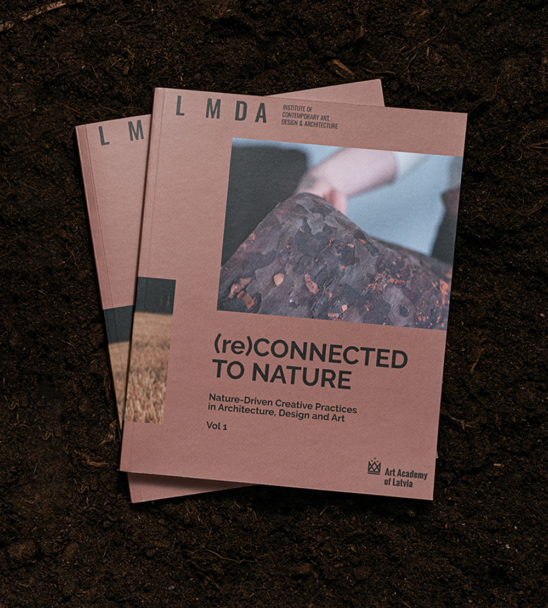
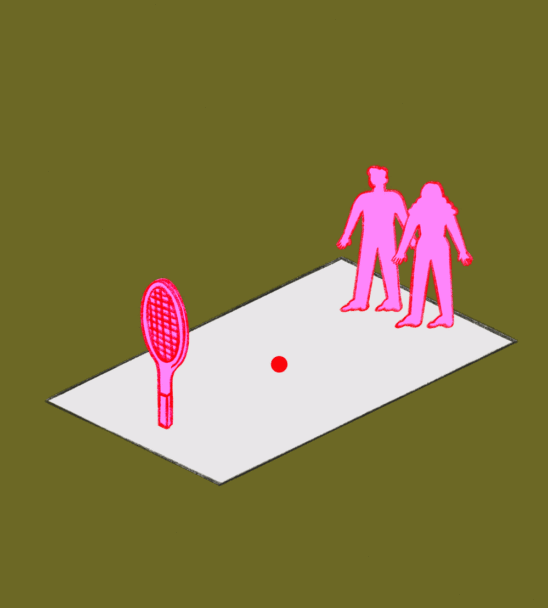
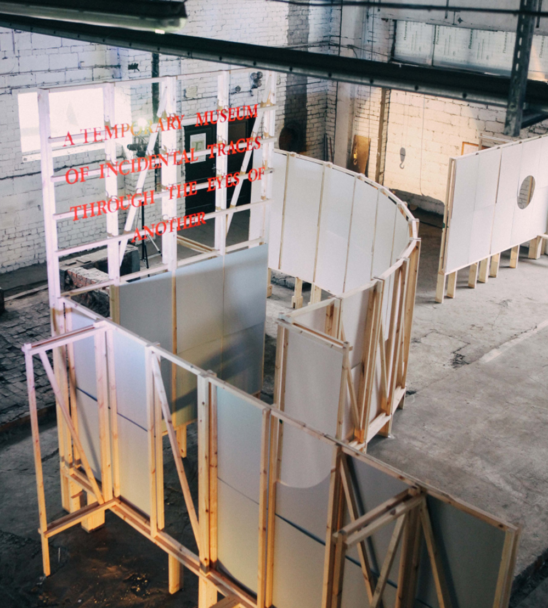
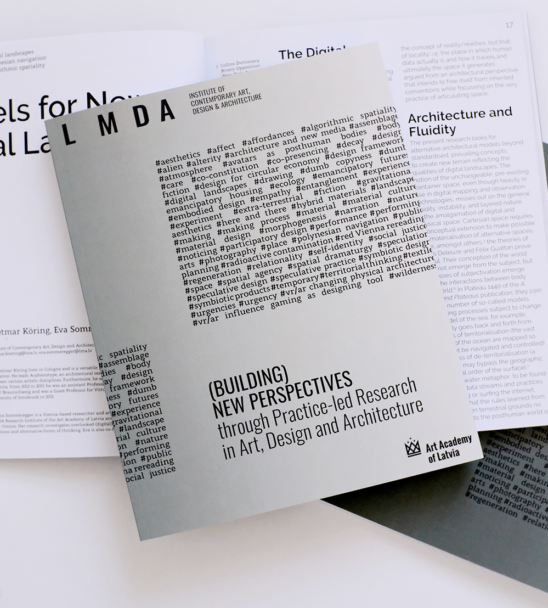
Viedokļi